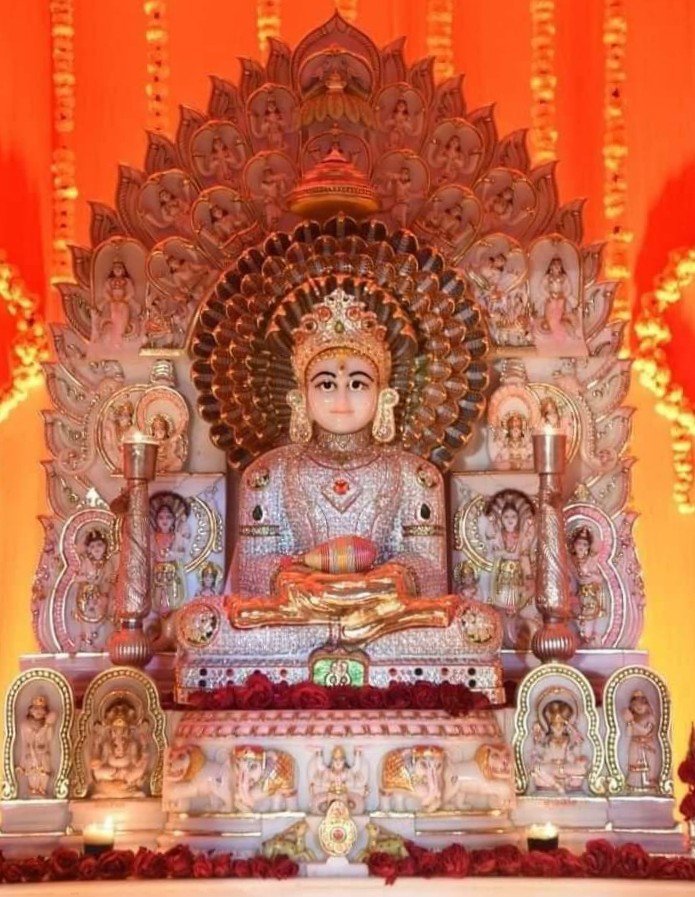
History of vegetarianism
The earliest records of vegetarianism as a concept and practice amongst a significant number of people are from ancient India, especially among the Hindus[1] and Jains.[2] Later records indicate that small groups within the ancient Greek civilizations in southern Italy and Greece also adopted some dietary habits similar to vegetarianism.[3] In both instances, the diet was closely connected with the idea of nonviolence toward animals (called ahimsa in India), and was promoted by religious groups and philosophers.[4]
Following the Christianization of the Roman Empire in late antiquity (4th–6th centuries), vegetarianism nearly disappeared from Europe.[5] Several orders of monks in medieval Europe restricted or banned the consumption of meat for ascetic reasons but none of them abstained from the consumption of fish; these monks were not vegetarians but some were pescetarians.[6] Vegetarianism was to reemerge somewhat in Europe during the Renaissance[7] and became a more widespread practice during the 19th and 20th centuries. The figures for the percentage of the Western world which is vegetarian varies between 0.5% and 4% per Mintel data in September 2006.[8]
20th century[edit]
The International Vegetarian Union, a union of the national societies, was founded in 1908. In the Western world, the popularity of vegetarianism grew during the 20th century as a result of nutritional, ethical, and more recently, environmental and economic concerns. The IVU's 1975 World Vegetarian Congress in Orono, Maine caused a significant impact on to the country's vegetarian movement.[135]
Henry Stephens Salt[136] (1851–1939) and George Bernard Shaw (1856–1950) were famous vegetarian activists.[137]
In 1910, physician J. L. Buttner authored the vegetarian book, A Fleshless Diet which argued that meat is dangerous and unnecessary.[138]
Cranks opened in Carnaby Street, London, in 1961, as the first successful vegetarian restaurant in the UK. Eventually there were five Cranks restaurants in London which closed in 2001.[139][140]
The Indian concept of nonviolence had a growing impact in the Western world. The model of Mahatma Gandhi, a strong and uncompromising advocate of nonviolence toward animals, contributed to the popularization of vegetarianism in Western countries.[141] The study of Far-Eastern religious and philosophical concepts of nonviolence was also instrumental in the shaping of Albert Schweitzer's principle of "reverence for life", which is still today a common argument in discussions on ethical aspects of diet. But Schweitzer himself started to practise vegetarianism only shortly before his death.[142]
Singer-songwriter, Morrissey, discussed the idea of vegetarianism on his song and album Meat is Murder. His widespread fame and cult status contributed to the popularity of meat-free lifestyles.[143]
The 1932 book The Vegetarian and Fruitarian was published in Lewiston, Idaho. It promotes ethics, ideals, culture, health, and longevity. At the time, the vegetarian and raw food movements were, in part, tied to feminism. It was viewed as a way to free women from the confines of the kitchen and allow them to pursue other activities and interests.[144][145]
In August 1944, several members of the British Vegetarian Society asked that a section of its newsletter be devoted to non-dairy vegetarianism. When the request was turned down, Donald Watson, secretary of the Leicester branch, set up a new quarterly newsletter in November 1944 called it The Vegan News.
Dorothy Morgan and Donald Watson, co-founders of the Vegan Society, chose the word vegan themselves,[146][147][148] based on "the first three and last two letters of 'vegetarian'" because it marked, in Mr Watson's words, "the beginning and end of vegetarian".
Writers of advocacy histories